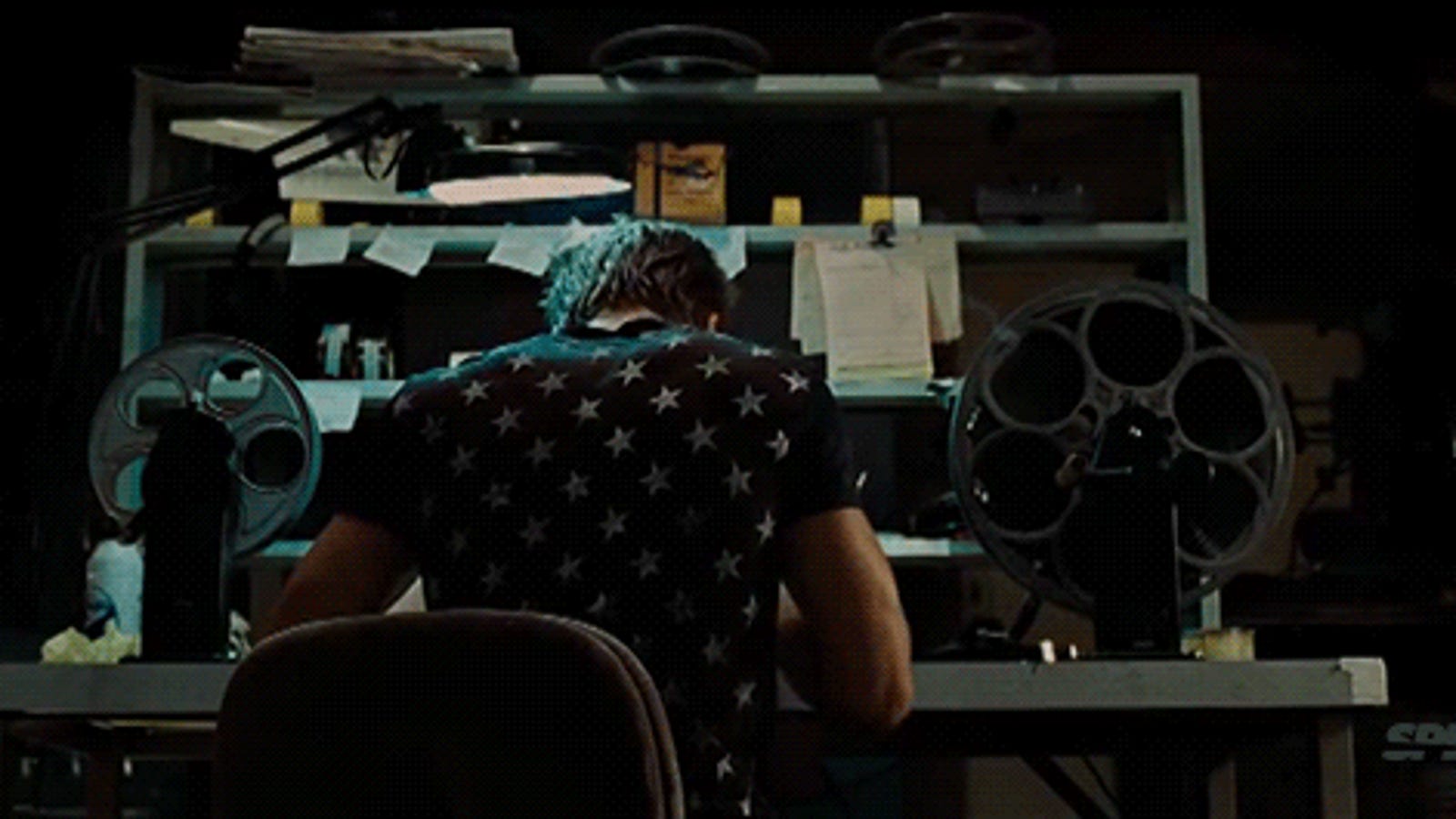


The humor is textbook Palahniuk - gleefully inappropriate and laced with metaphors. The narration and musings on modern life give the issue a sense of energy even as Sebastian and Marla wallow in their own misery. His bold, aggressive voice has survived the transition from prose to comics. To an extent, Palahniuk's execution makes up for these shortcomings. There's even a scene featuring Marla returning to old crashing a disease support group. Despite the added marriage element at work, a lot of Sebastian and Marla's material repeats familiar beats. That's despite the fact that the whole point of the final confrontation between Jack/Sebastian and Tyler in the climax of Fight Club was that the former was finally exerting control over his own life. There's little sense that his character has actually grown or changed in any way. Sebastian is essentially back where he was in the early chapters of Fight Club. This premise feels almost too comfortable and familiar. But as much as Sebastian tries to medicate his cares away, the specter of Tyler Durden remains. He and Marla have gotten married, had a son, and settled into a comfortable but frightfully mundane suburban existence. These days, said narrator now goes by the name Sebastian. This issue picks up ten years after the novel left off, with Project Mayhem's bombing plot failing and the unnamed narrator waking up in a mental institution. Or, at least, one more ripe for the sequel treatment.

While it's understandable Palahniuk would want to pick up where his own story left off rather than follow the film's version of events, it's unfortunate in the sense that the film had a better ending. This comic technically serves as a sequel to the novel rather than the film.


 0 kommentar(er)
0 kommentar(er)
